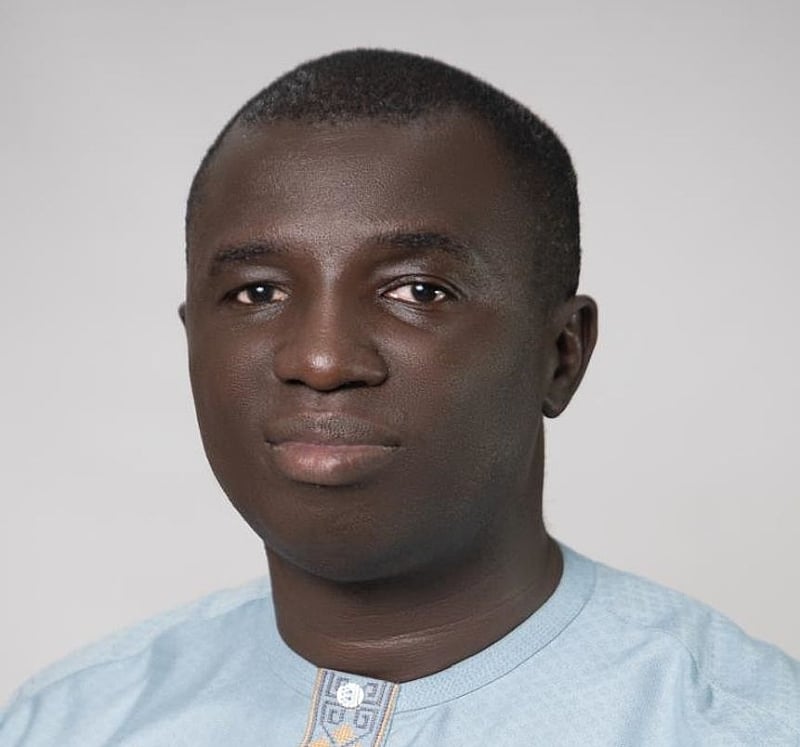Appiah Kusi Adomako, the West Africa Regional Director for CUTS International, a prominent public policy and consumer advocacy think tank, has issued a strong call to the Ghanaian Ministry of Education to intervene and mandate the West African Examinations Council (WAEC) to cease charging fees for online access to Basic Education Certificate Examination (BECE) and West African Senior School Certificate Examination (WASSCE) results. Adomako characterizes this practice as exploitative and unwarranted, arguing that access to examination results is a fundamental right and should not be subject to financial barriers. He highlights the global trend of free online access to examination results, citing examples of local universities and other examination bodies that provide this service without charge.
Adomako points out the irony of the situation, emphasizing that the transition to an online system was intended to reduce costs, not increase them. Prior to 2004, WAEC incurred significant logistical expenses in printing and distributing physical result slips. The shift to online dissemination should have eliminated these costs, making results more accessible to students. Instead, WAEC has introduced a fee structure ranging from GHS 15 to GHS 25, creating a new financial burden for candidates. With approximately 600,000 candidates taking the BECE this year, this fee translates to a potential revenue of GHS 9 million for WAEC, a sum Adomako believes is unfairly extracted from students. He further reinforces his argument by citing examples from African countries like South Africa, Egypt, Tunisia, Morocco, Kenya, and Zambia, where students access their results online without any charges.
The statement also extends its criticism to the fees charged for accessing Senior High School placement through the Computerised School Selection and Placement System (CSSPS). Adomako argues that this system, designed to enhance transparency and reduce costs associated with the previous manual placement process, ironically introduces a new layer of financial burden on students. He emphasizes that this practice undermines the very purpose of automation, which should streamline processes and make them more affordable, not create new avenues for revenue generation.
CUTS International urges immediate action from key stakeholders, including the Ministry of Education, the Ghana Education Service, and the Parliamentary Select Committee on Education, to terminate this practice, which they deem illegal and unfair. They advocate for free online access to examination results and school placements, aligning with global best practices and ensuring that education remains accessible and affordable for all Ghanaian students. Adomako underscores the widespread availability of free online results access for other examinations, such as ACCA, SAT, TOEFL, GRE, IELTS, and even national service postings, highlighting the inconsistency and unfairness of WAEC’s policy. He stresses that access to examination results and school placements should be treated as a fundamental service, not a revenue-generating opportunity.
The statement concludes with a powerful appeal to authorities to prioritize the accessibility and affordability of education. The fact that this practice has persisted for 21 years does not legitimize it, according to Adomako. Access to examination results and school placements should not be a privilege or a source of profit but a basic right afforded to all students. He urges an immediate cessation of these fees, ensuring that education remains within reach for every Ghanaian student.
CUTS International emphasizes that the digitalization of results and placement systems should benefit students by reducing costs and increasing accessibility. They advocate for a shift in policy that aligns with global standards, where accessing essential educational information is a right, not a privilege subject to financial constraints. They underscore the importance of transparency and accountability in educational processes and urge authorities to prioritize the needs of students over revenue generation. They call for a system where all students, regardless of their financial background, can readily access their examination results and school placements without incurring any charges. This, they believe, is crucial for ensuring equitable access to education and fostering a more just and inclusive educational system in Ghana.


